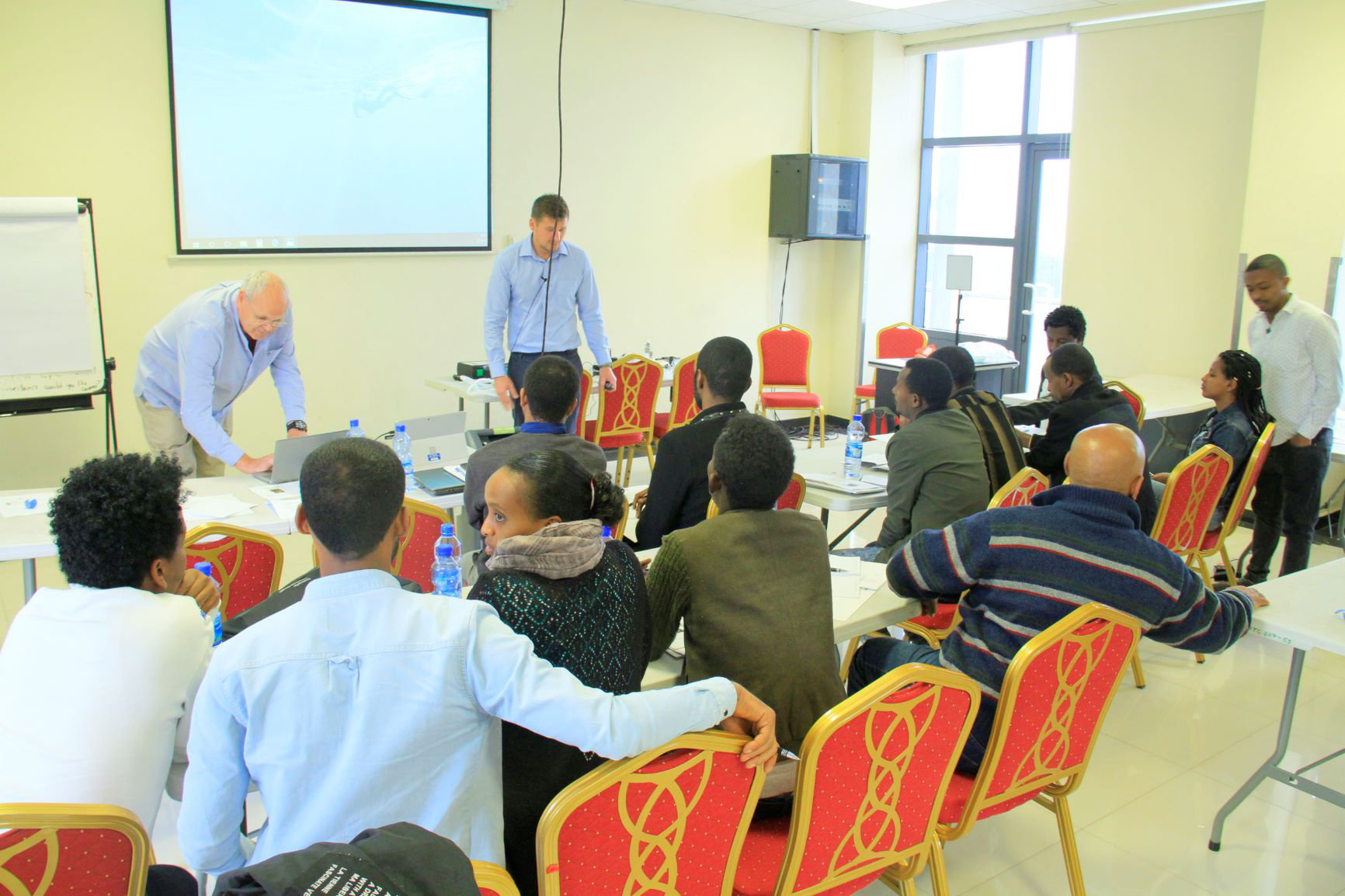News
November 18th, 2019
Diamedica has worked closely with The Medical Export Group B.V. to participate in a Neonatal Intensive Care Unit (NICU) project for Ethiopia, initiated by the Ethiopian Federal Ministry of Health (FMoH) alongside a major international non-governmental organisation. The project aims to strengthen and reinforce Ethiopia’s national healthcare system, by supplying 80 hospitals throughout the country with essential new-born and critical care devices.
Medical Export Group (MEG) has been collaborating with well-established international organisations (including UN organisations) and governments since 1980, to help to give low- and middle-income countries (LMICs) better access to healthcare. MEG does this by providing a wide range of high-quality essential medicines, medical and laboratory supplies, devices and services geared to the changing needs of their clients. MEG is appointed as the main contractor to source, supply, install, train and maintain the requested medical equipment together with its manufacturers and local partners.
Diamedica’s award-winning Baby CPAP machine was hand selected for this project. A simple to use, low cost, lifesaving respiratory solution for preterm babies and neonates with respiratory distress, providing safe controllable bubble CPAP for limited resource settings; the perfect choice for the project.
The proposal involved supplying 400 Baby CPAP devices directly to Ethiopia, one of Africa’s largest and most populous countries. Diamedica recognises that education and training are key components to providing lifesaving healthcare and following the supply of the machines, our team of biomedical engineers provided centralised, multi-day, hands-on training in Addis Ababa for 23 local biomedical engineers.
After completion and certification, the biomedical engineers were able to train hospital staff on the correct operation and maintenance for the Baby CPAP, ensuring the long-term functioning of the machines. This train-the-trainer style education has proved an efficient and effective approach in LMICs through enhancing existing skills, experience and knowledge to then train others.
We wish to thank everyone who assisted and welcomed us in Ethiopia, and we are already looking forward to our next visit.

